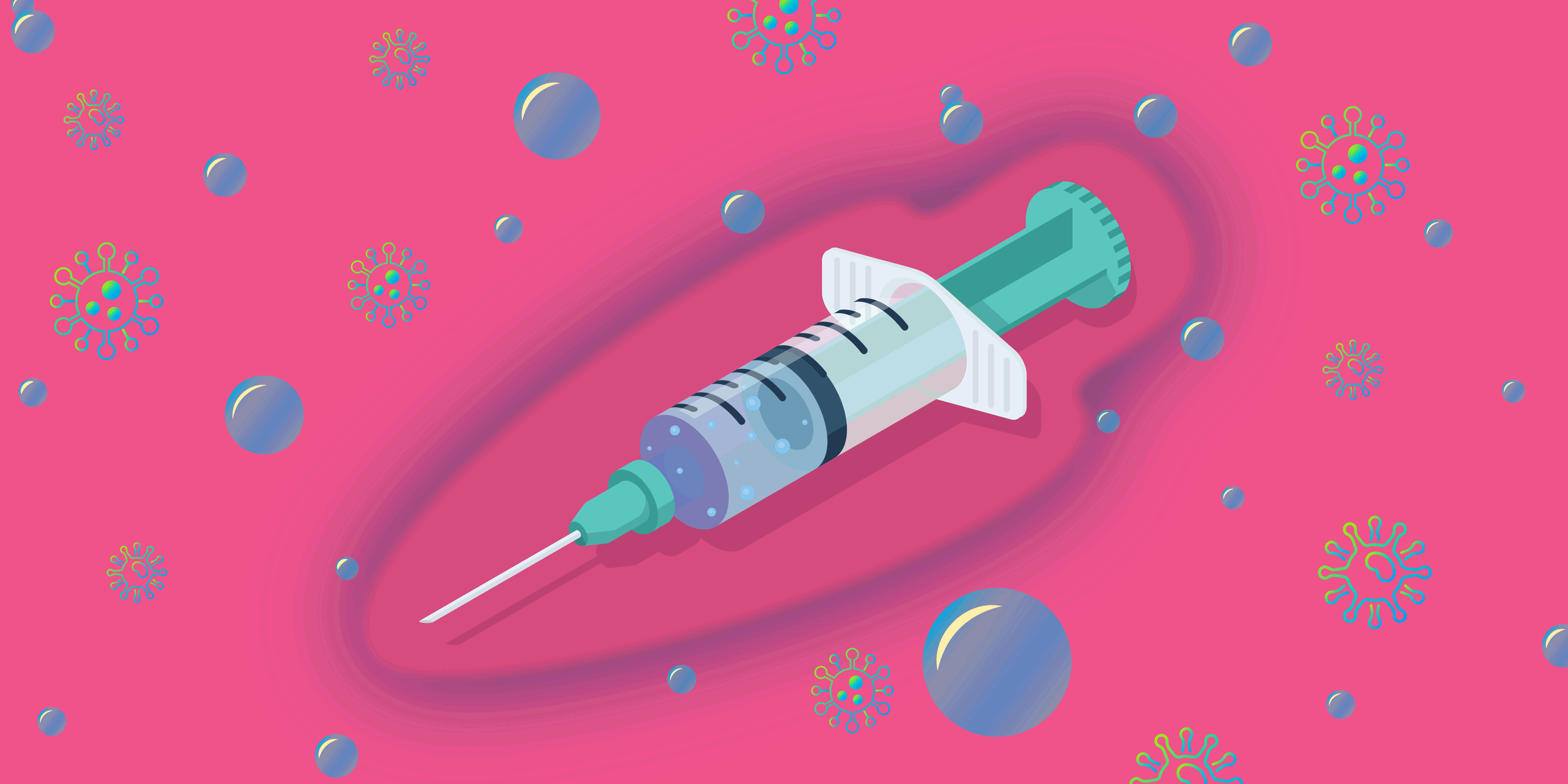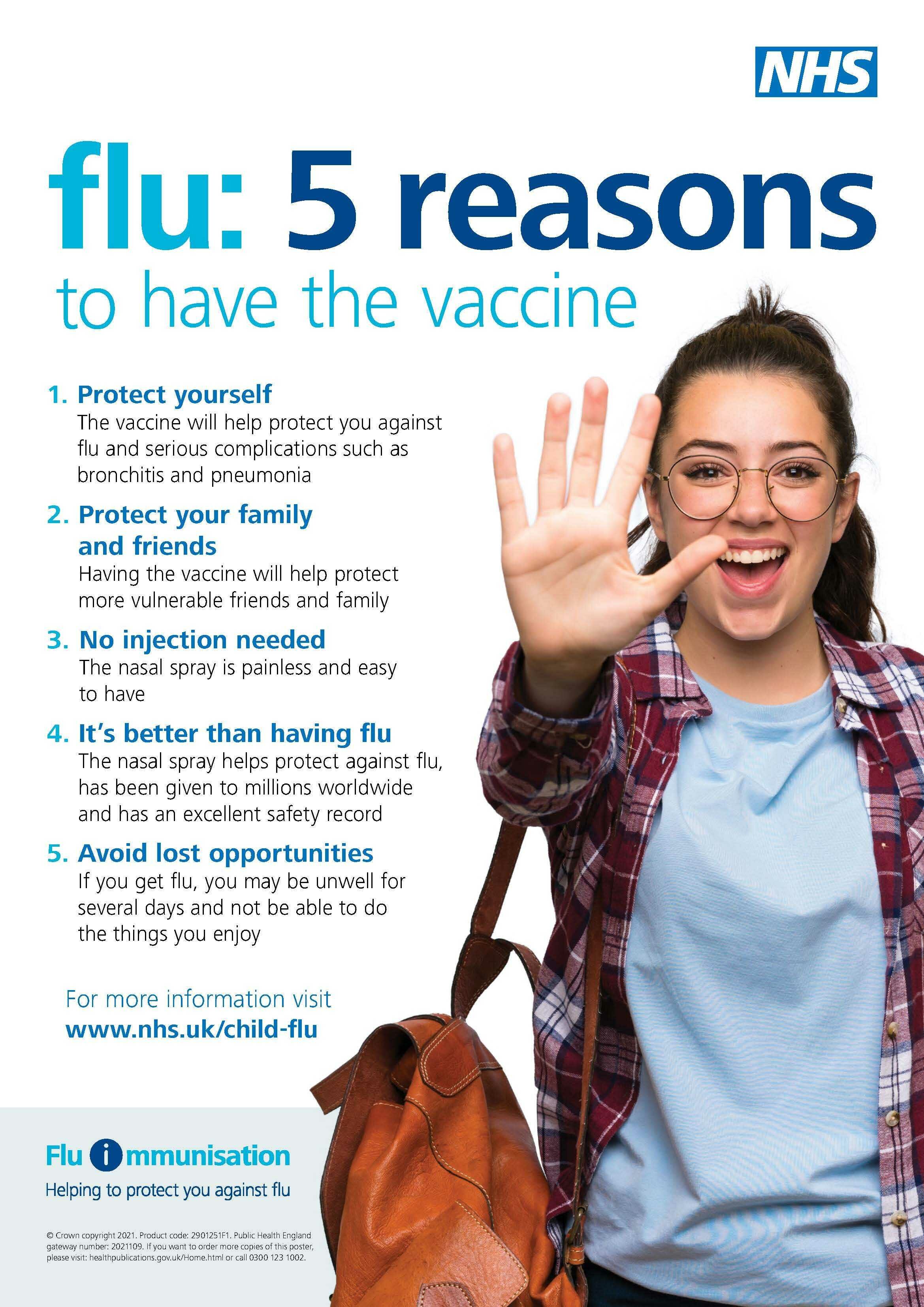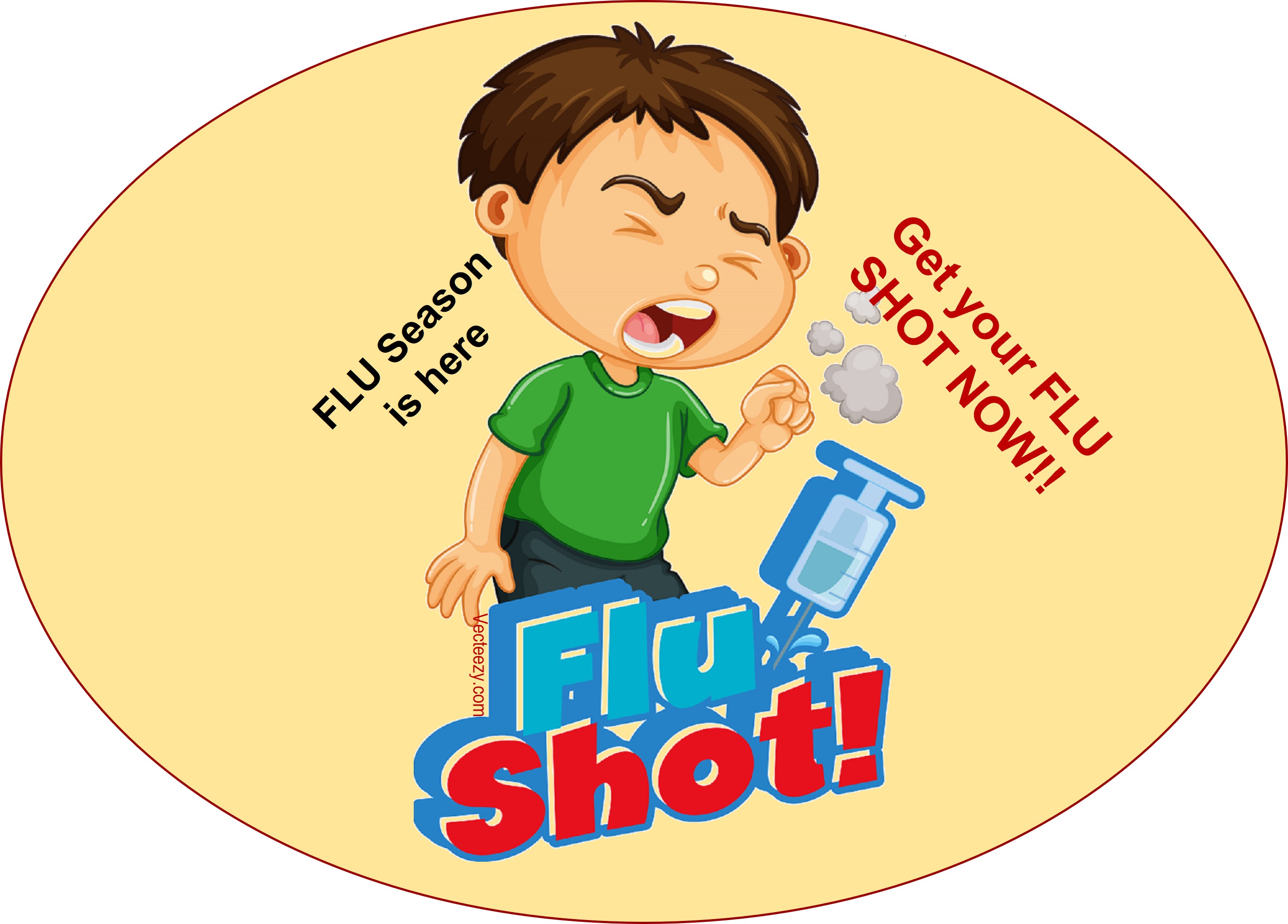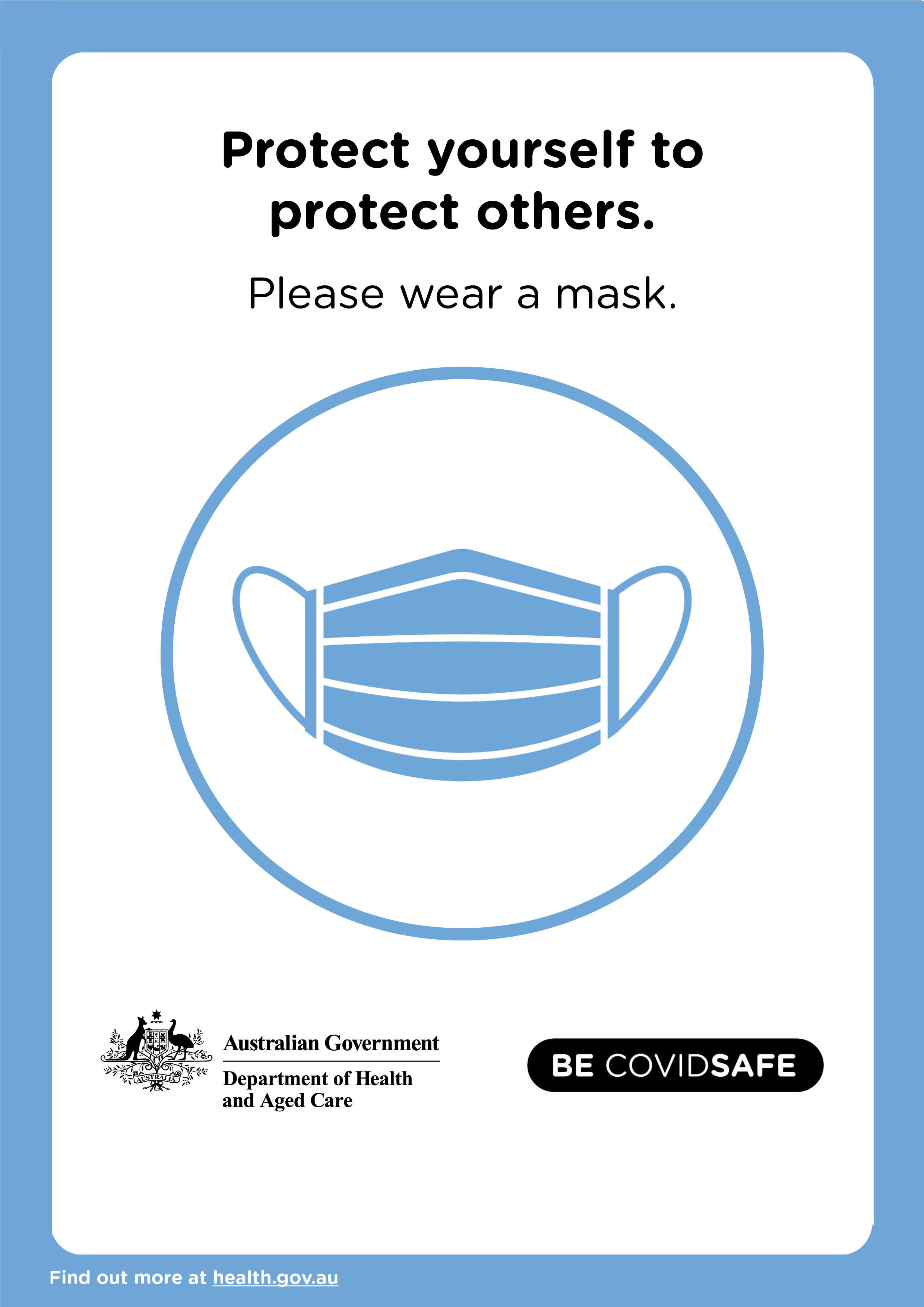Protect Yourself From Seasonal Influenza: Get Your Flu Jab Today
Protect Yourself From Seasonal Influenza: Get Your Flu Jab Today - it's a message you'll be hearing a lot in the coming months. But what does it mean, and why is it important?
Editor's Notes: "Protect Yourself From Seasonal Influenza: Get Your Flu Jab Today" have published today date to provide readers with the current reasons and importance of getting the flu jab today.
We'll explain everything you need to know about the flu jab, including who should get it, when to get it, and what to expect. We'll also provide some tips on how to stay healthy during flu season.
| Who should get a flu jab? | Everyone 6 months of age and older. |
| When should I get a flu jab? | The best time to get a flu jab is in September or October. However, you can get a flu jab at any time during flu season. |
| What to expect after getting a flu jab? | Most people experience no side effects from the flu jab. However, some people may experience mild side effects, such as soreness, redness, or swelling at the injection site. These side effects usually go away within a few days. |
Transition to main article topics
FAQ
Protect yourself from seasonal influenza with our informative FAQs. Protect Yourself From Seasonal Influenza: Get Your Flu Jab Today

ASU teams up with Phoenix Children’s and Valleywise Health to study - Source news.asu.edu
Question 1: What is seasonal influenza, and why is it important to get a flu jab?
Seasonal influenza is a contagious respiratory illness caused by influenza viruses. It can cause fever, cough, sore throat, runny nose, and body aches. Getting a flu jab is the best way to protect yourself from the flu and its potentially serious complications, such as pneumonia, bronchitis, and hospitalization.
Question 2: How effective is the flu jab?
The effectiveness of the flu jab can vary from season to season, but it generally reduces the risk of getting the flu by 40-60%. Even if you do get the flu after getting a jab, it is likely to be milder and less likely to lead to serious complications.
Question 3: Who should get a flu jab?
Everyone six months of age and older should get a flu jab each year. However, it is especially important for people at high risk of developing serious complications from the flu, such as young children, pregnant women, people with chronic health conditions, and people over 65.
Question 4: When should I get a flu jab?
The best time to get a flu jab is in the fall, before the flu season begins. However, it is still beneficial to get a jab later in the season if you have not already done so.
Question 5: Are there any side effects from the flu jab?
The most common side effects of the flu jab are soreness, redness, and swelling at the injection site. These side effects usually go away within a few days. In rare cases, the flu jab can cause more serious side effects, such as allergic reactions or Guillain-Barré syndrome.
Question 6: Is the flu jab safe for everyone?
The flu jab is safe for most people. However, there are some people who should not get the flu jab, such as people who have had a severe allergic reaction to a previous flu jab or people who have a weakened immune system.
Getting a flu jab is the best way to protect yourself and your loved ones from the flu. If you have any questions or concerns about the flu jab, talk to your doctor.
You can find more information about the flu and the flu jab on the CDC website: https://www.cdc.gov/flu/
```html
Tips
Protecting against seasonal influenza is crucial for maintaining health and well-being. While there are several preventive measures available, the most effective strategy is vaccination. Getting the flu jab offers numerous benefits and is highly encouraged for individuals of all ages.
Tip 1: Get Vaccinated Early
Vaccination is the most effective way to prevent influenza. The optimal time to get vaccinated is before the flu season begins, typically in the fall. Earlier vaccination allows the body to develop sufficient antibodies to protect against the virus.
Tip 2: Cover Coughs and Sneezes
Covering the mouth and nose while coughing or sneezing helps prevent the spread of respiratory droplets containing the virus. Use a tissue or the inner elbow to minimize the dispersion of infectious particles.
Tip 3: Wash Hands Frequently
Maintaining proper hand hygiene by washing hands frequently with soap and water or using alcohol-based hand sanitizers removes viruses and bacteria from the hands, reducing the risk of infection.
Tip 4: Avoid Touching Eyes, Nose, and Mouth
The virus often enters the body through mucous membranes in the eyes, nose, and mouth. Touching these areas with unwashed hands can introduce the virus into the body, leading to infection.
Tip 5: Clean and Disinfect Surfaces
Regularly cleaning and disinfecting frequently touched surfaces such as doorknobs, countertops, and shared objects helps reduce the presence of the virus and minimizes the chances of transmission.
Tip 6: Stay Home When Sick
If experiencing symptoms of influenza, stay home from work, school, or other gatherings to prevent spreading the virus to others. Rest and isolation allow the immune system to focus on fighting the infection.
Tip 7: Maintain a Healthy Lifestyle
A healthy lifestyle, including regular exercise, a balanced diet, and adequate sleep, supports the immune system and enhances its ability to fight off infections, including influenza.
Summary:
By following these tips, individuals can significantly reduce their risk of contracting and spreading seasonal influenza. Getting vaccinated, practicing good hygiene, and adopting healthy habits are key to maintaining health and well-being during the flu season.
```
Protect Yourself From Seasonal Influenza: Get Your Flu Jab Today
Seasonal influenza can be a serious and potentially life-threatening illness, but it is largely preventable through vaccination. Here are six key aspects to consider when protecting yourself from seasonal influenza:
- Timely Vaccination: The flu vaccine's effectiveness wanes over time, so it's important to get your flu jab as early as possible, ideally in September or October.
- Broad Protection: The flu vaccine is designed to protect against multiple strains of influenza, ensuring broader protection than natural immunity.
- Reduced Severity: Even if you do contract the flu after vaccination, the severity of your symptoms may be reduced, potentially preventing serious complications.
- Protection for Vulnerable Groups: The flu jab is particularly important for individuals with compromised immune systems, the elderly, and young children.
- Herd Immunity: By getting vaccinated, you are not only protecting yourself but also contributing to herd immunity, which helps protect those who cannot be vaccinated.
- Vaccine Availability: The flu vaccine is widely available at pharmacies, healthcare centers, and clinics, making it convenient to get protected.
In conclusion, protecting yourself from seasonal influenza requires a proactive approach, starting with timely vaccination. The flu jab offers comprehensive protection, reduces symptom severity, shields vulnerable populations, contributes to herd immunity, and is readily accessible. By considering these key aspects, individuals can significantly reduce their risk of contracting and experiencing severe complications from seasonal influenza.

St Mary's College | Winter Flu Vaccine Campaign - Source smchull.org

Influenza (flu) season's here. Call us to book in your flu jab NOW - Source nunku.org.au
Seasonal influenza, commonly known as the flu, is a highly contagious respiratory illness caused by influenza viruses. It can spread from person to person through droplets produced when an infected person coughs, sneezes or talks. The flu can cause fever, cough, sore throat, runny nose, body aches, headache, and fatigue. In severe cases, it can lead to pneumonia, bronchitis, or even death.

Protect yourself to protect others – COVID-19 and influenza poster - Source www.health.gov.au
Getting a flu jab is the most effective way to protect yourself from the flu. The flu jab contains inactivated influenza viruses, which stimulate the body to produce antibodies against the virus. These antibodies help protect the body from infection if exposed to the flu virus. The flu jab is safe and effective, and it is recommended for everyone over the age of six months.
There are many reasons why it is important to get your flu jab. First, the flu jab is the most effective way to protect yourself from the flu. Studies have shown that the flu jab can reduce the risk of getting the flu by up to 60%. Second, the flu jab can help to reduce the severity of the flu if you do get sick. Studies have shown that the flu jab can reduce the risk of hospitalization and death from the flu by up to 50%. Third, the flu jab can help to protect others from the flu. If you get the flu jab, you are less likely to spread the virus to others, including those who are most vulnerable to the flu, such as young children, the elderly, and those with chronic health conditions.
Getting your flu jab is a simple and effective way to protect yourself from the flu. It is safe, effective, and it can help to reduce the severity of the flu if you do get sick. If you have not yet had your flu jab, I urge you to get it today.
| Age Group | Recommended Number of Doses | Timing of Doses |
|---|---|---|
| 6 months to 8 years | 2 doses, given 4 weeks apart | October or November |
| 9 years and older | 1 dose | October or November |
